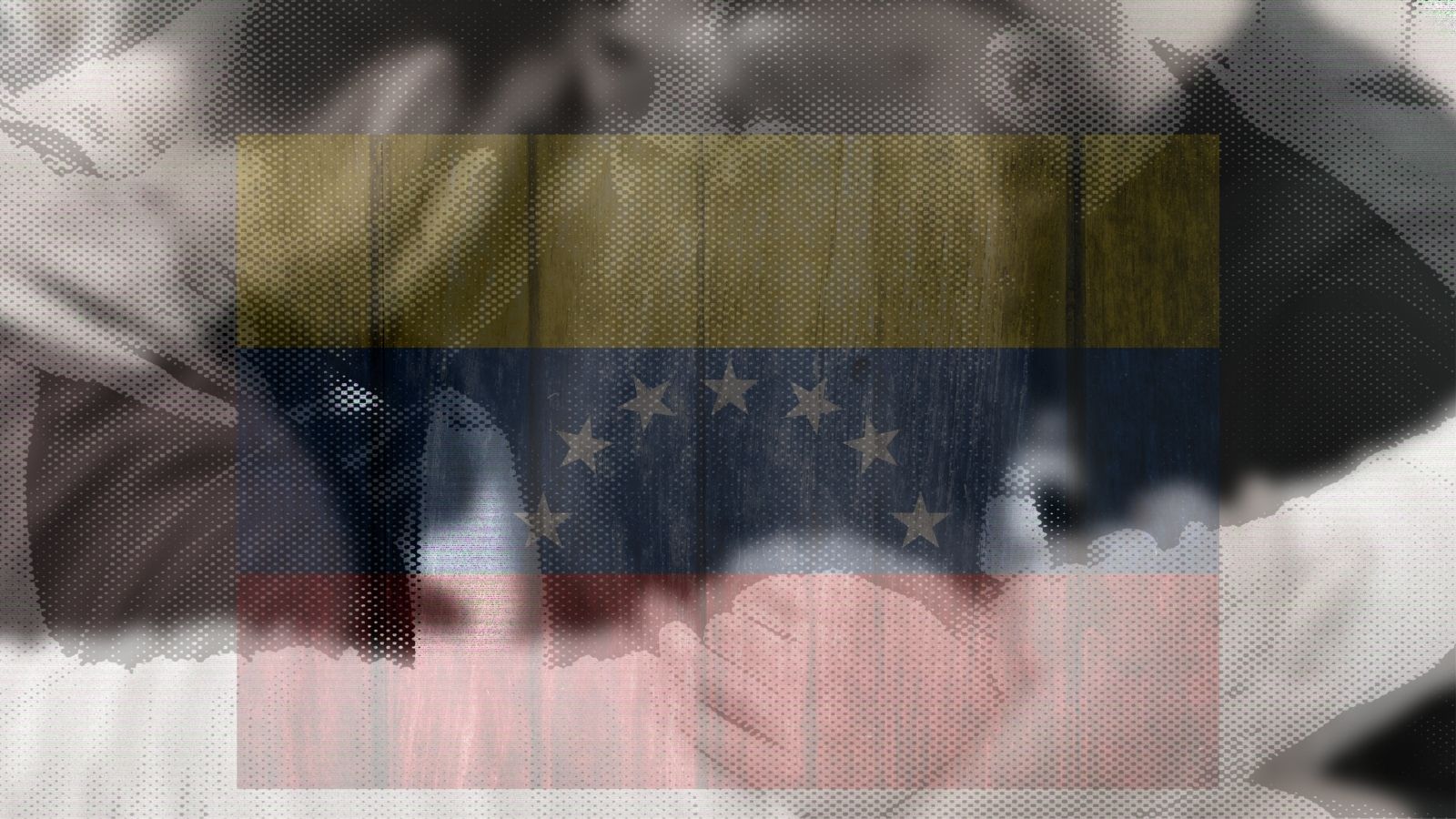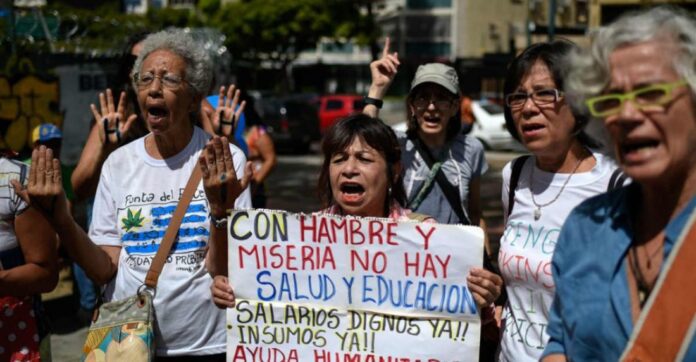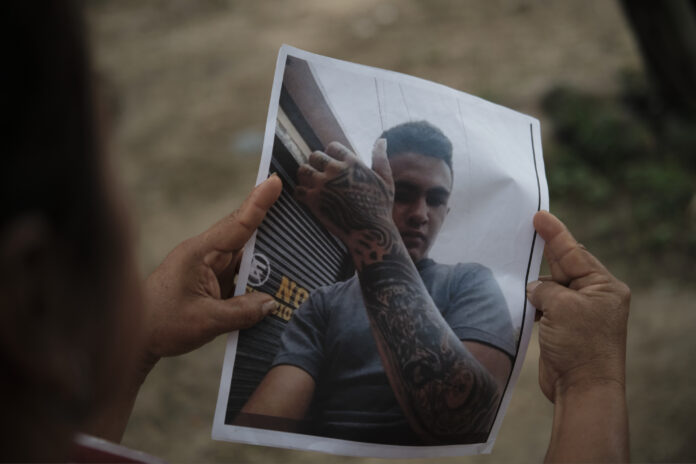There are times when history takes unexpected directions driven by some unforeseen event. The 1348 black death pandemic or the 1918 Spanish flu, for example, produced a series of important political and socio-economic changes in different countries. Why not think, then, that Covid-19 could be that unexpected event that would facilitate change in Venezuela?
Transitions to democracy are uncertain and non-linear processes. And while the literature on transitions highlights that internal pressure, divisions within the authoritarian coalition, assurances to the elites of the outgoing regime, or international pressure may be catalysts of a transition, there can always be an unanticipated event that eases the process. Under this premise, it could be assumed that Covid-19 could represent a “window of opportunity” to promote mass popular discontent and a consequent negotiated transition. However, despite the agreement between the government and the National Assembly and the Pan American Health Organization to address the humanitarian crisis, the political change expected by the vast majority of Venezuelans has not been attained. Why is this the case?
First, instead of creating opportunities for political understanding, the pandemic has brought about the opposite effect: more repression and social control. This has not only happened in Venezuela but at different scales in China, El Salvador, the Philippines, Hungary, or Nicaragua. Autocrats around the world have seen in the Covid-19 and the measures of social distancing that it entails, an opportunity to justify social disarticulation, create fears and dependence from the State, and accelerate their authoritarian projects. Indeed, the authoritarian regime in Venezuela has increased political persecution, criminalized activism, disrupted the political opposition, and further militarized the country. All this occurs while the population is absorbed by a perennial survival mode, constantly looking for water, food, medicine, and now also fuel. In these circumstances, it does not seem that internal mobilization, necessary to generate pressure on the authoritarian leadership, could be the trigger that will lead the country to a transition. On the other hand, the international pressure strongly exerted from the United States and joined by the European Union and several Latin American countries has also failed to create the necessary incentives for authoritarian elites to accept a regime change. Multilateral sanctions, indictments by the United States, or the confrontational rhetoric have not generated the expected fractures and built enough confidence to lower the costs of transition, reconciliation, and justice.
Even though the outlook looks adverse and the democratizing strategies promoted by the political leadership and the international community have so far failed, much remains to be done. Let us have a look.
No case is identical to another, yet authoritarian regimes have one thing in common: their infinite ambition for power. In other words, no regime advances in controlling all state institutions, commits serious human rights violations, tolerates and promotes illicit deeds and corruption, to easily surrender at any given time. On the contrary, the authoritarian logic will always be to control even more the institutions and the public sphere to guarantee authoritarian continuity. However, history shows that -as difficult as it may seem- transitions do occur and autocrats, in many cases, do negotiate their exit. But for this to happen, the only focus cannot be the departure of the autocrat but the design of a political pact that offers assurances to the sides and builds confidence between them.
Studies on democratic transitions indicate that the pact between elites, as a mechanism of change, offers the most probabilities of later governance and stability. Pacts such as the Moncloa in Spain, the South Africa agreements, and our Puntofijo pact, help define the rules of the democratic game through a combination of formal and informal arrangements. This creates a minimum set of expectations among the elites about “what can be done or not” in the post-transition period, thus creating guarantees and some certainty about peaceful coexistence in an emerging democracy.
Those trade-offs are difficult to process, both for the population and the political leadership. However, we must adopt pacts, that is, political understanding, as our first strategic option. That implies, on the one hand, discarding delusions of a foreign invasion and, on the other, regaining confidence in our own social and political capacity to design our democratic future.
Just as it took the authoritarian regime many years to dismantle institutions and the rule of law, so it will take time to build a path that leads to democracy and the restoration of the rule of law. This process can be streamlined and strengthened once citizens decide to be the architect of their future. We must not understand by domestic pressure only mass mobilization – circumstantial or sustained – against authoritarianism, but conceptualize it as a democratizing movement that seeks not only the transition but the transformation of Venezuela.
Translated by: José Rafael Medina.




